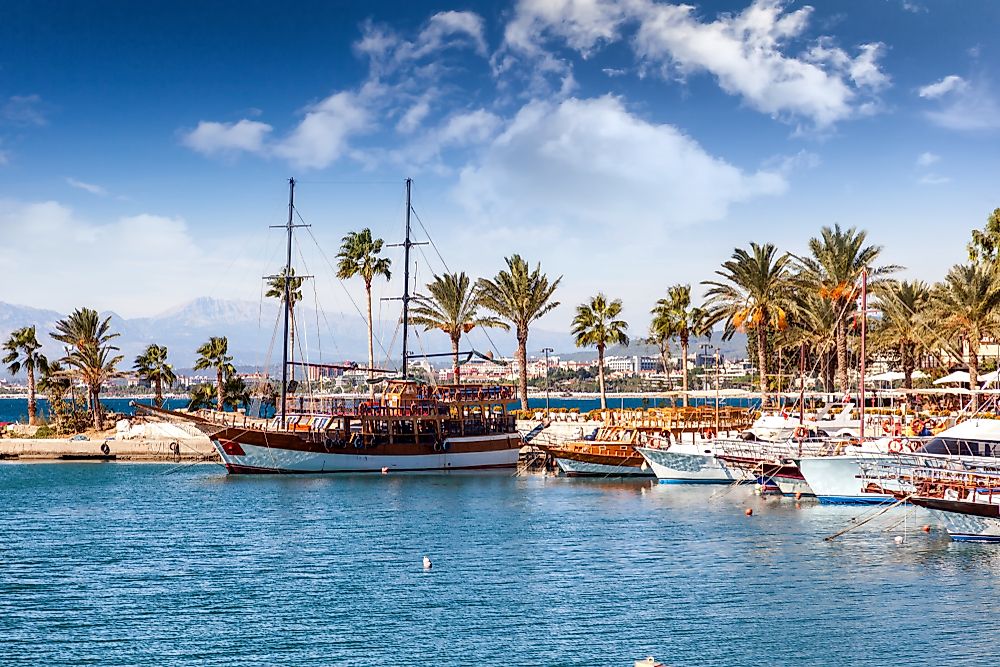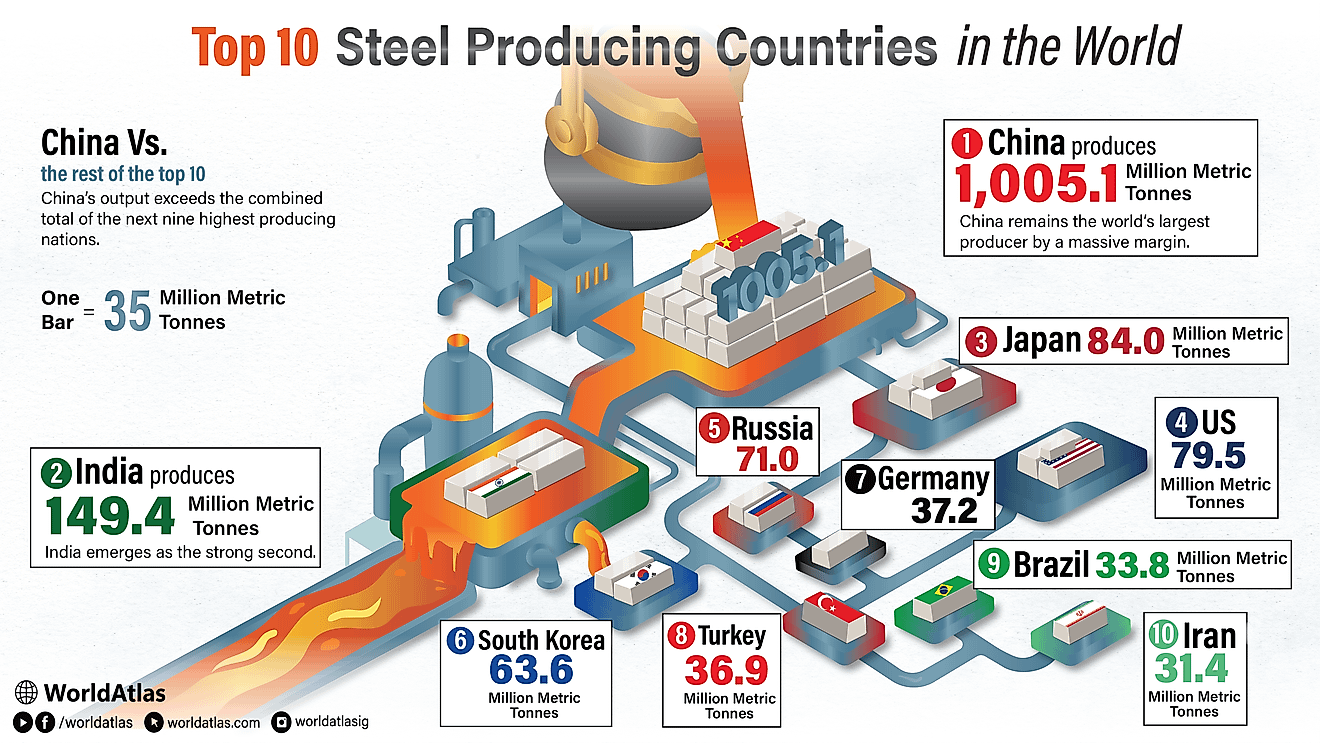What Are The Biggest Industries In Turkey?

Turkey is a transcontinental country in Eurasia. Turkey shares its borders with Bulgaria, Greece, Armenia, Georgia, Iran, Syria, the Azerbaijani exclave of Nakhchivan, and Iraq. The capital city of the country is Ankara, while the largest city is Istanbul.
According to the estimates of 2018, the country had a population of 82 million people. In the same year, the GDP on PPP was $2.27 trillion, which was the 13th highest in the world, while the nominal GDP was $70 6.2 billion. On the other hand, GDP per capita on purchasing power parity in 2018 was $27,956, and GDP per capita was $9,346. According to the IMF, Turkey is categorized as an emerging market economy. Other sources categories Turkey as one of the newly industrialized countries. Some of the leading industries in Turkey include agriculture, textile, manufacturing, and services, among others.
Agriculture
Agriculture plays a significant role in the economy of Turkey, and in 2016, the country was the largest producer in the world of agricultural commodities such as cherries, hazelnuts, apricots, figs, and pomegranates. Turkey was also the 2nd largest producer of watermelons and quinces, and it was the world's 3rd largest producer of pistachios, green peppers, cucumbers, and lentils; Turkey was also a major producer of agricultural commodities such as tomatoes, apples, olives, eggplants, chickpeas, sugar beets, onions, almonds, grapefruit, lemons, cotton, and barley. Since the 1980s the country has been self-sufficient in food production and in 1989 the country was producing 16.2 million tons of wheat and 3.4 million tons of barley. However, since the late 1980s agricultural output in the country has been declining, particularly as a contributor to the total economy.
Tourism
Turkey has witnessed a continuous increase in the tourism industry in the 21st century, which has played an important role in the country's economy. Turkey receives millions of tourists every year, particularly from Russia and Germany, and the ministry of culture and tourism has been promoting the country as the leading tourist destination. The country is home to 17 sites which have been listed by UNESCO as World Heritage Sites which include the historical areas of Istanbul, the Neolithic site of Catal Çatalhöyük, the rock sites of Cappadocia, the Archaeological site of Troy, the Hattusa which is known as the Hittite capital, and the Pergamon among others. Currently, there are about 51 sites listed on the tentative list of UNESCO World Heritage sites, and the country hosts 2 of the Seven Wonders of Ancient World.
Manufacturing
Manufacturing is among the leading industries in Turkey, and it is still a growing sector which contributes significantly towards the country's economy. The public sector dominates the manufacturing industry and accounts for about 40% of the value added in the industry. On the other hand, private-sector companies are dominated by a large number of conglomerates which have diversified in a wide range of sectors. Textile manufacturing is the largest in the manufacturing industry, and it is highly competitive in the international markets, earning the country millions of dollars each year.











